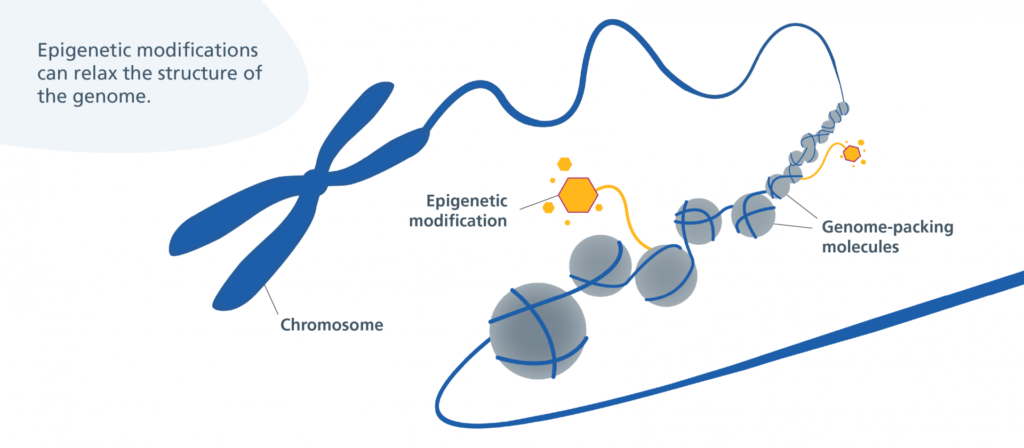
The battle against cancer is one of the most challenging and persistent struggles in medical science. Early detection is a critical factor that can significantly improve treatment outcomes and survival rates. As researchers delve deeper into the complexities of the human genome, a new frontier has emerged in the fight against cancer: epigenetics.
Understanding Epigenetics
Epigenetics involves the study of changes in gene expression that do not involve alterations to the underlying DNA sequence. These changes can affect how cells read genes and can have profound implications for health and disease. In the context of cancer, epigenetic modifications can turn genes on or off, potentially leading to the development or suppression of tumors.
The Promise of Epigenetic Biomarkers
Recent advances in epigenetic research have revealed that certain epigenetic markers can be indicative of cancer. These markers, present in the body’s tissues and fluids, can serve as early warning signs of the disease. The detection of these epigenetic changes offers a promising path for the development of non-invasive tests that could revolutionize cancer screening and diagnosis.

Epigenetics and Liquid Biopsies
One of the most exciting applications of epigenetic research is in the development of liquid biopsies. These tests analyze a small sample of blood to detect cancer-related epigenetic markers. Unlike traditional biopsies, which require tissue samples, liquid biopsies offer a less invasive and more accessible option for cancer detection.
Challenges and Opportunities
While the potential of epigenetics in cancer detection is immense, there are challenges to overcome. Ensuring the accuracy and specificity of epigenetic tests is paramount to avoid false positives and negatives. Moreover, the integration of these tests into clinical practice requires careful consideration of ethical and practical implications.

The Road Ahead
As we stand at the cusp of a new era in cancer detection, the role of epigenetics cannot be overstated. With continued research and development, epigenetic testing could become a cornerstone of early cancer detection, offering hope for millions of individuals worldwide.




